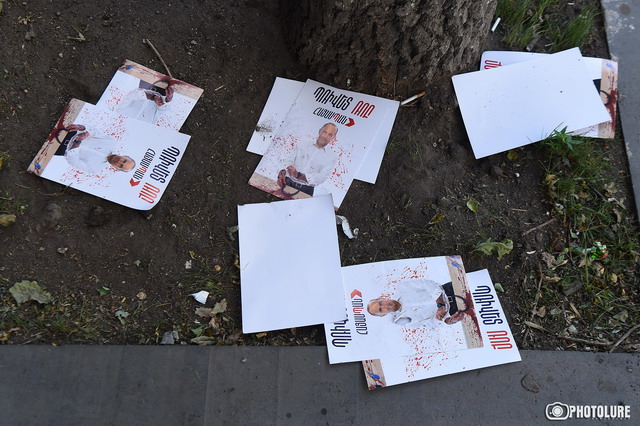Very soon, in only 10 days, the 8th National Assembly will convene. Let me start with the positive record for the state, especially for the parliamentary republic. That parliament, like the previous one, is formally legitimate. The Constitutional Court, in general, correctly described the low intellectual and cultural level of the pre-election struggle, only it was desirable to distinguish between the “unethical” vocabulary of the government and the opposition. When the head of the executive branch threatens to “bring down” and “build,” he has the leverage to implement them (which he does, particularly in the Syunik province), and the opposition does not have such leverage. But, in general, I think the Constitutional Court did the right thing by confirming the results of this election. Moreover, I am politically inclined to agree with the well-known sociologist Georgi Dergulyan, who said in one of his interviews that if Kocharyan won, it would be our last election, and in Pashinyan’s case there will be another election, most likely an extraordinary one.
That concludes my positive record. Because from now on, it is clear how the parliamentary debate will unfold. The opposition will say, “Why is this so bad?”, and the ruling party will answer, “But if you…” Any political discourse can be turned upside down and reduced to the level of that primitive language fight under the “accompaniment” of the emotional exclamations of the fans on both sides on Facebook. For example, question: “Why have Azerbaijani soldiers been in the sovereign territory of the Republic of Armenia for several months now?” Answer. “Because you plundered the country for 20 years, you oppressed the people.” I think that answer will satisfy the majority of our active citizens, especially when it is voiced by the masters of rhetoric, many of whom are in Civil Contract. The whole problem is that no matter how skillfully the deputies “scrutinize” and even swear at each other, the Azerbaijani soldiers will not leave our territory.
What has happened is that the majority of the citizens who took part in the elections, about 80%, voted for this government and this opposition, and the latter is rightly or sometimes unjustly associated with the “previous government.”
How to avoid fruitless debates at the level of “but if you…?” I would suggest that the opposition factions take two steps for that.
Read also
1) Ask the second and third presidents to be a little “passive”;
2) Issue a joint statement giving a comprehensive, critical, and honest assessment of the period between 1998-2018. Under its influence, the government is unlikely to abandon its favorite “but if you” argument, but perhaps to some extent, the debate will lead to a constructive course.
Of course, I understand that my proposals are almost from the realm of science fiction.
Aram Abrahamyan





















































